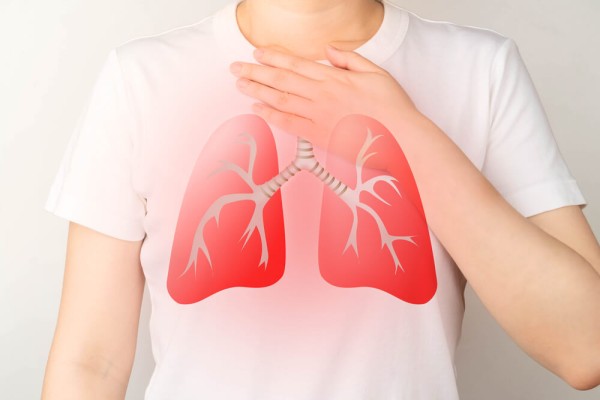Let’s talk about internists. As medical detectives, they play a critical role in managing a wide range of health issues – from arthritis Fort Worth patients deal with to respiratory disorders in Miami. Their broad knowledge and specialized training make them crucial in our healthcare journeys. So, what exactly do these internists do when it comes to respiratory disorders? Stay with me as we peel back the layers of this critical medical field.
Who are Internists?
Internists, or doctors of internal medicine, are specialists who apply scientific knowledge and clinical expertise to diagnose, treat, and care for adults across the spectrum— from simple to complex health issues. They are especially equipped to handle whatever problem a patient brings — no matter how common or rare.
Dealing with Respiratory Disorders

Respiratory disorders range from mild conditions like the common cold to severe diseases like lung cancer or emphysema. Internists tackle these issues head on. They diagnose the problem, oversee treatment plans, and monitor the patient’s progress. They also work closely with other specialists, like pulmonologists, to ensure comprehensive care.
| Respiratory Disorder | Role of Internist |
| Asthma | Diagnoses the condition, prescribes medication, and manages treatment plan. |
| COPD (Chronic Obstructive Pulmonary Disease) | Works with pulmonologists to manage the condition and monitor lung function. |
| Lung Cancer | Participates in diagnosis and refers to oncologists for specialized care. |
Beyond Treatment
Internists do not just treat illnesses. They also focus on preventive care. They educate patients about lifestyle habits that can affect their respiratory health – like quitting smoking or maintaining good air quality at home. They also provide vaccines for respiratory illnesses like pneumonia or influenza.
Conclusion
From managing arthritis in Fort Worth to dealing with respiratory disorders in Miami, internists are vital in our healthcare journeys. They offer comprehensive care that goes beyond immediate treatment. They help us understand our health, make informed decisions, and navigate the complexity of our bodies.

